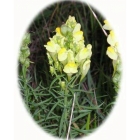 | ||
Perfect for pollinators Common Toadflax -linaria vulgaris– grows best in dry grassland and is well suited to sandy soils on sites where there is plenty of sunlight. In the wild Common Toadflax can often be found growing in hedge banks or sandy coastal areas. The foliage is extremely pretty and the flowers attract a wide range of insect life especially bees. Common Toadflax is a fairly low growing species with yellow flowers that resemble snapdragons; these appear quite late in the season form from July to October. Common Toadflax looks best growing with other plants that flower late in the season such as Common Agrimony, Greater Knapweed, Autumn hawkbit, Yarrow and Small Scabious. How to grow Common Toadflax Seeds Common Toadflax seeds should be sown in spring or autumn, either outside, where they are to flower, or in seed trays and covered lightly with compost. Common Toadflax seeds are usually easy to germinate and the seedlings, which are quick to develop, can be pricked out and grown on, for planting out later in the year. RHS Perfect for Pollinators. The RHS Perfect for Pollinators mark is only given to plants that support pollinating insects in gardens. Bees, butterflies, moths, hoverflies and many others visit flowers to feed on nectar and pollen; while doing so they transfer pollen and increase seed set and fruit development. Find out more at: rhs.org.uk/plants To discover more plants for Bees, simply enter the word "pollinators" into the search box above. To buy Common Toadflax seeds To purchase Common Toadflax seeds, please select a quantity above and click add to cart. To ensure the best chance of success, we sell all of our wildflower seeds by weight, which ensures each wildflower seed packet contains a good quantity of seeds. The recommended sowing rate is 1 gram per square metre, and the number of Common Toadflax seeds per gram is approx. 6500. All of our Wildflower seed packets contain seeds of Native British provenance. Summary type - perennial, colour - Yellow, height - 25 to 75cms, flowers July, August, September, October, habitat - Dry Grassland (clay, loam), Very dry Sandy Soil, Bare, Open Ground (eg Arable field margins, disturbed, waste ground), Attracts butterflies and bees | ||
Printed 22/12/2025 12:31:11
st55_1 type perennial colour yellow height 25 to 75cms flowers july august september october habitat dry grassland clay loam very dry sandy soil bare open ground eg arable field margins disturbed waste ground attracts butterflies rhs perfect for pollinators pollinating insects bees butterflies moths hoverflies
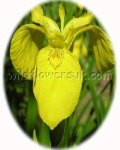
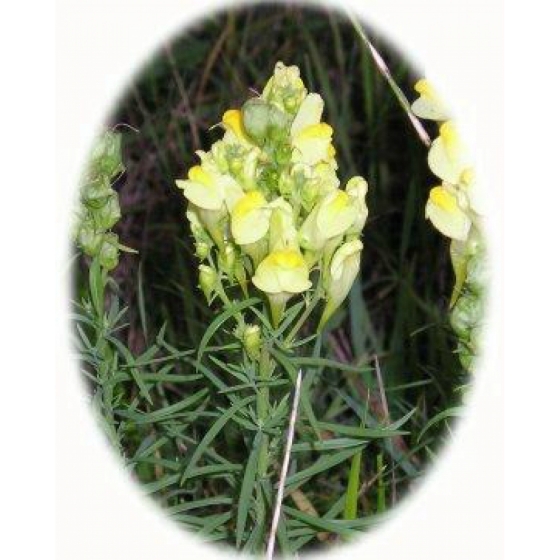
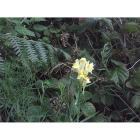
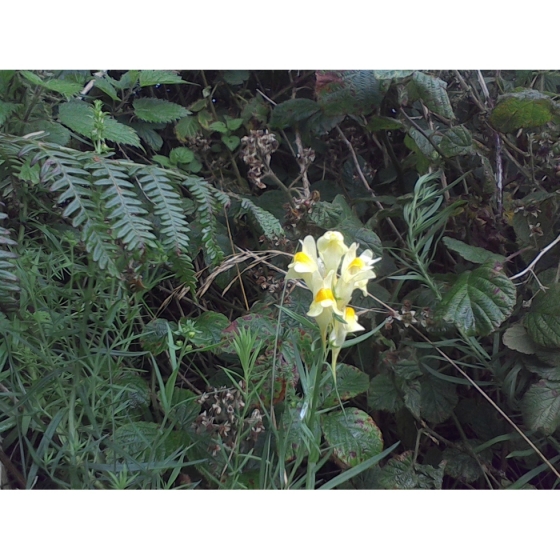
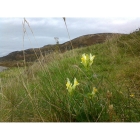

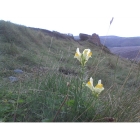
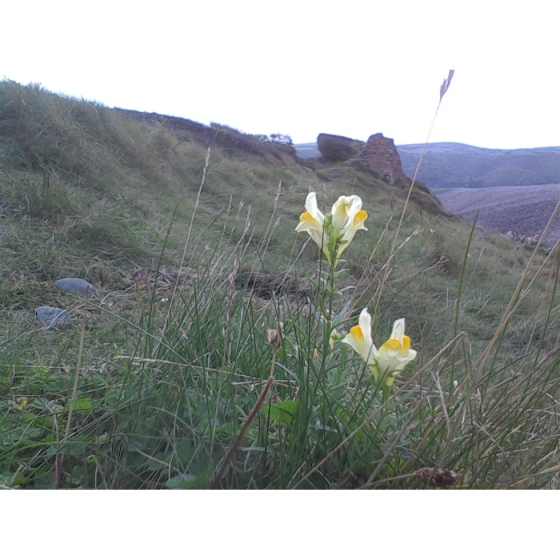



 added to basket
added to basket